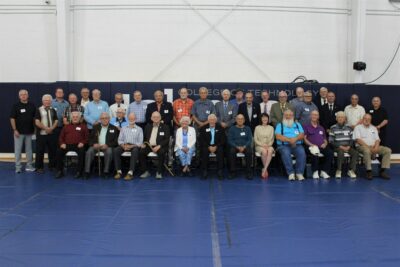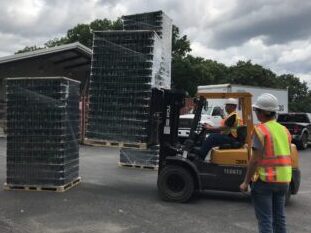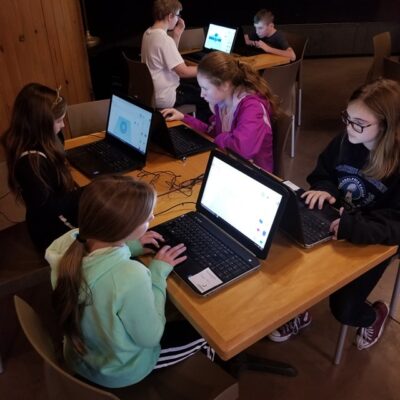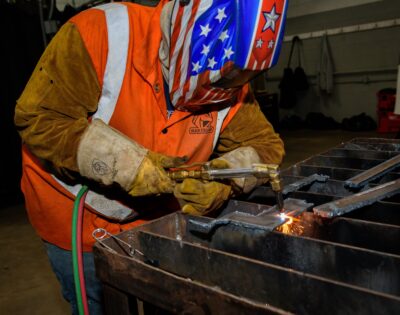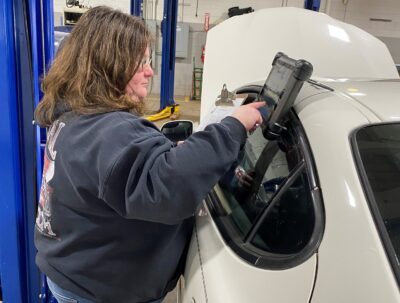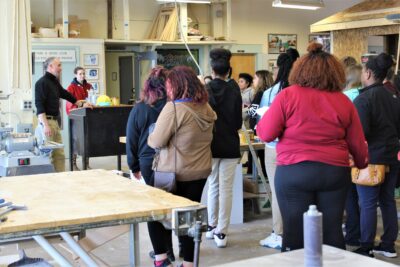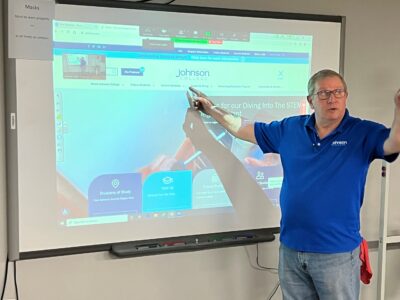On Sunday, June 12, 2022, Johnson College hosted its annual Golden Alumni Society Reunion and Induction Ceremony. During the event, Golden Alumni, who reached their 50th anniversary of graduation from Johnson College, mixed and mingled with former classmates, reviewed Johnson College memorabilia and enjoyed lunch. This year the class of 1972 was inducted into the Golden Alumni Society. For more information about Johnson College’s alumni events and services, contact the College Advancement team at collegeadvancement@johnson.edu or 570-702-8991.
Photo Caption: Seated, left to right: Pete Kolcharno ‘66, Michael Vass ‘61, Roland Fornes ‘56, Ken Novajosky ‘59, Joseph Kasaczon ‘61, Barbara Petroski ‘55, Michael Polednak ‘62, Joseph Dzwieleski ‘59, Dr. Katie Leonard, President and CEO of Johnson College, Dennis Macheska ‘70, Ronald Fawcett ‘57, Stanley Lasinsky ‘56, and Edward Ciborosky ‘69. Standing, left to right: Eugene Hopkins ‘64, Chick Evers ‘62, Bernard Cossack ‘72, Paul Zalewski ‘66, Zigmund Szabo ‘55, Ted Lengyel ‘61, Leonard Sowinski ‘62, Alfred Basham ‘54, Ronald Moskalczak ‘71, Richard Alimenti ‘71, Robert Holzman ‘58, Ralph Bohn ‘53, Joseph Teeple ‘72, George Ketchur ‘53, Mark Kukuchka ‘72, Dennis Pabis ‘61, John Barlik ‘72, Bruce Semon ‘72, Rudolph Drasler ‘69, Peter Valtos ‘61, Eugene Lemoncelli ‘66, and Foster Gambucci ‘63.

